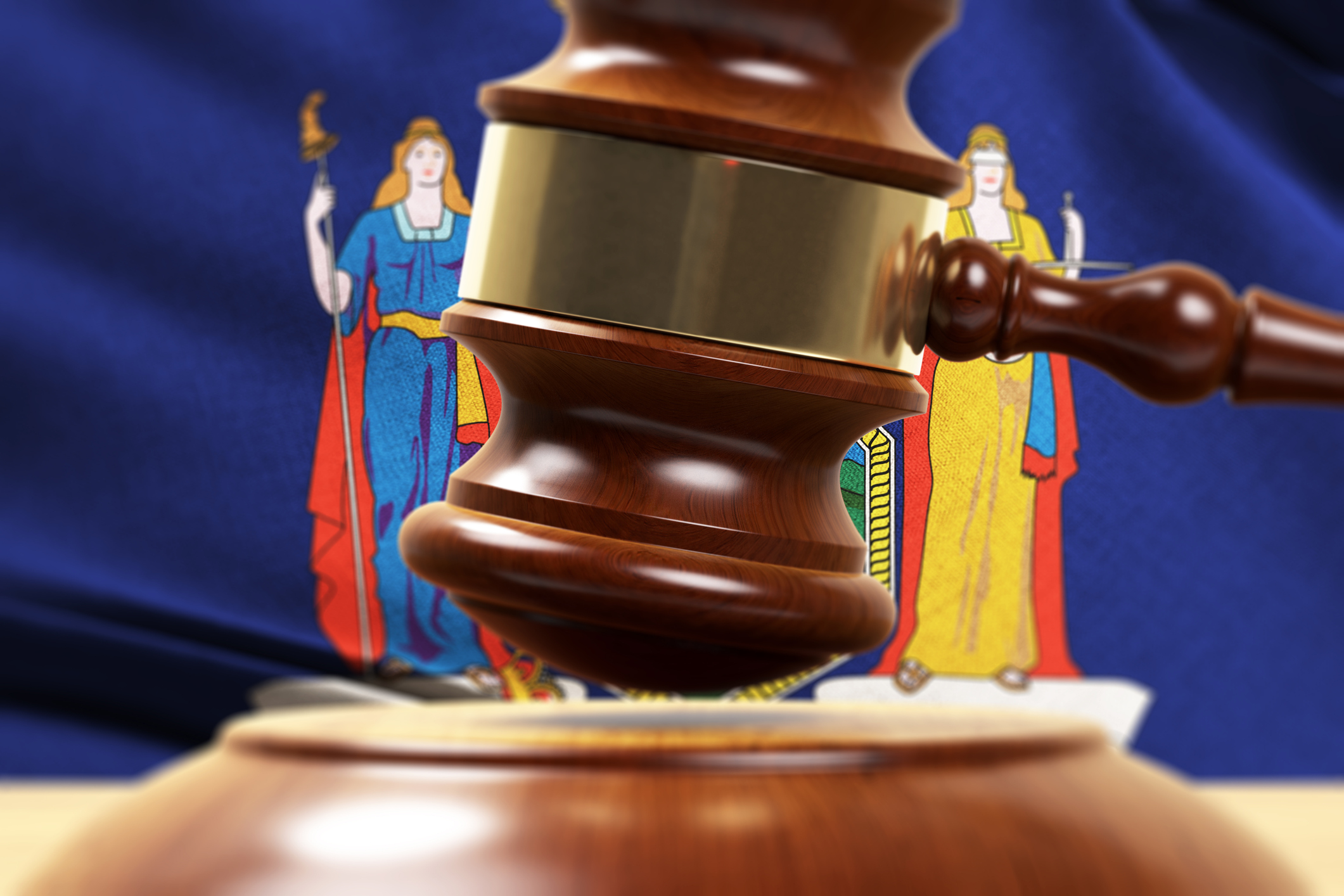New York's Appellate Division Rules Governor Cuomo’s COVID-19 Orders “Toll” Statutes of Limitations
Since the COVID-19 crisis began, New York’s legal community has been closely following developments regarding a series of Executive Orders issued by Governor Cuomo involving the suspension and/or tolling of legal deadlines during the 228-day period from March 20 to November 3, 2020. In particular, uncertainty had lingered as to whether these orders would effectively “toll” statutes of limitations and other legal deadlines, or alternatively, merely “suspend” them.

New York, N.Y. (June 4, 2021) - Since the COVID-19 crisis began, New York’s legal community has been closely following developments regarding a series of Executive Orders issued by Governor Cuomo involving the suspension and/or tolling of legal deadlines during the 228-day period from March 20 to November 3, 2020. In particular, uncertainty had lingered as to whether these orders would effectively “toll” statutes of limitations and other legal deadlines, or alternatively, merely “suspend” them.
The difference is crucial because the period of a toll is excluded from the calculation of the relevant time period. In contrast, a suspension merely delays expiration of the time period until the end date of the suspension. For example, if a three-year statute of limitations expired on June 10, 2020, and the orders “toll” statutes of limitations, the final deadline would be March 29, 2021. But if the orders merely “suspend” statutes of limitations, the deadline would be November 3, 2020.
New York's Appellate Division, Second Department has now resolved this issue with a decision in the matter of Brash v. Richards, dated June 2, 2021. Based on an examination of the underlying statute, Executive Law § 29-a(1), and principles of statutory interpretation, the Appellate Division determined that Governor Cuomo’s orders “tolled,” rather than “suspended,” statutes of limitations and other legal deadlines during the relevant period. Now that the issue has been resolved by an appellate court, the legal community can be guided accordingly.
If you have any questions about this decision or any other matters, please contact the author or editor of this alert. Visit our COVID-19 Response Resource Center to find more alerts on the many areas of law impacted by the pandemic. Visit our National Trial Practice page to learn more about our trial capabilities.
Author:
Nicholas P. Hurzeler, Partner
Editor:
Gregory S. Katz, Managing Partner - New York, NY
